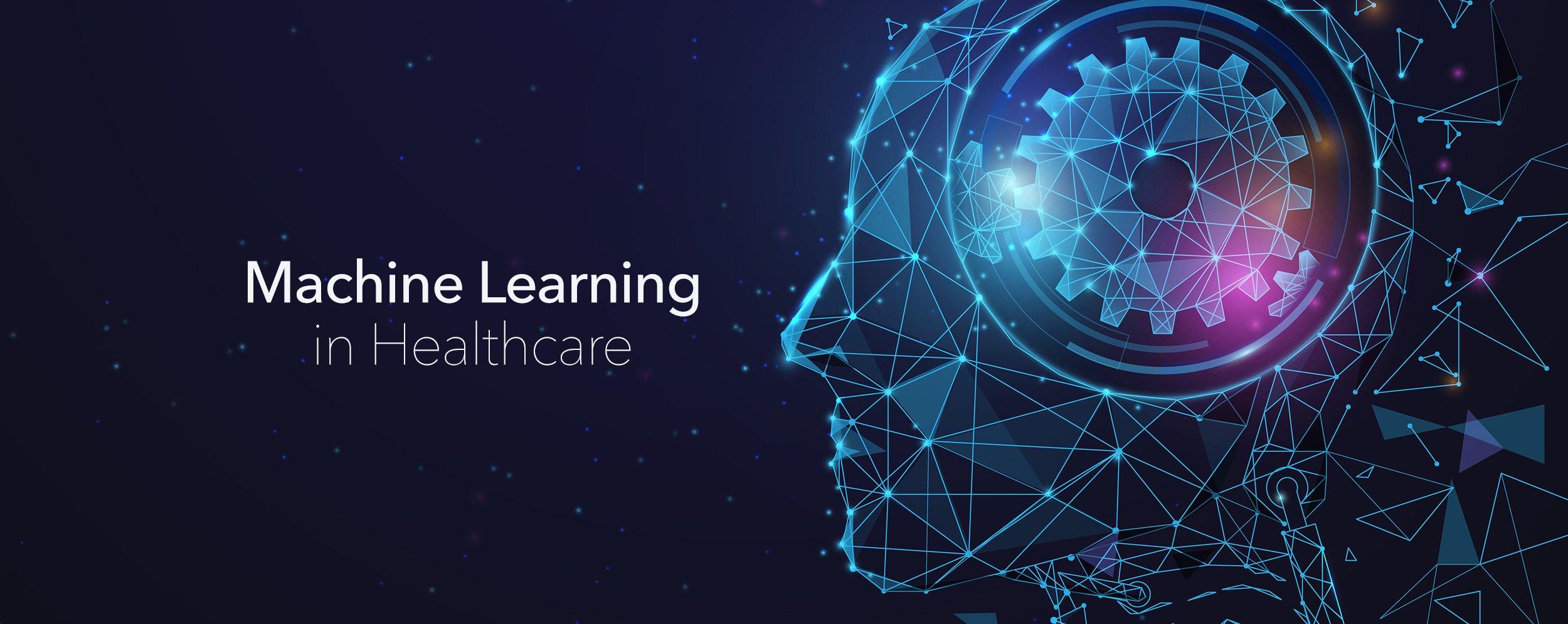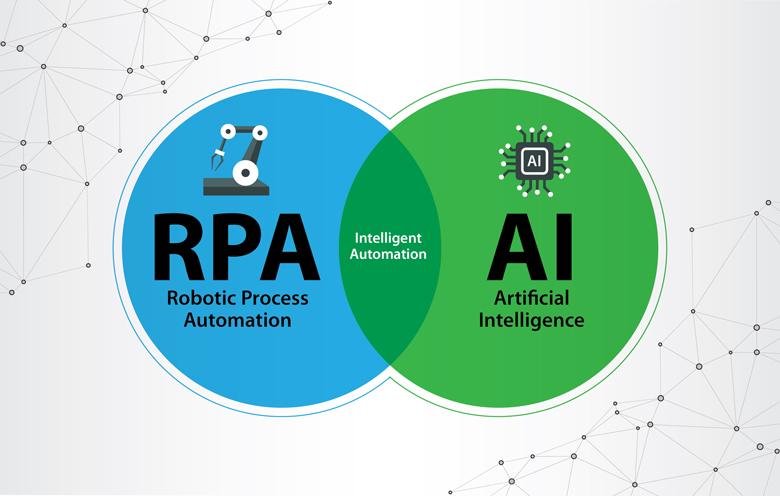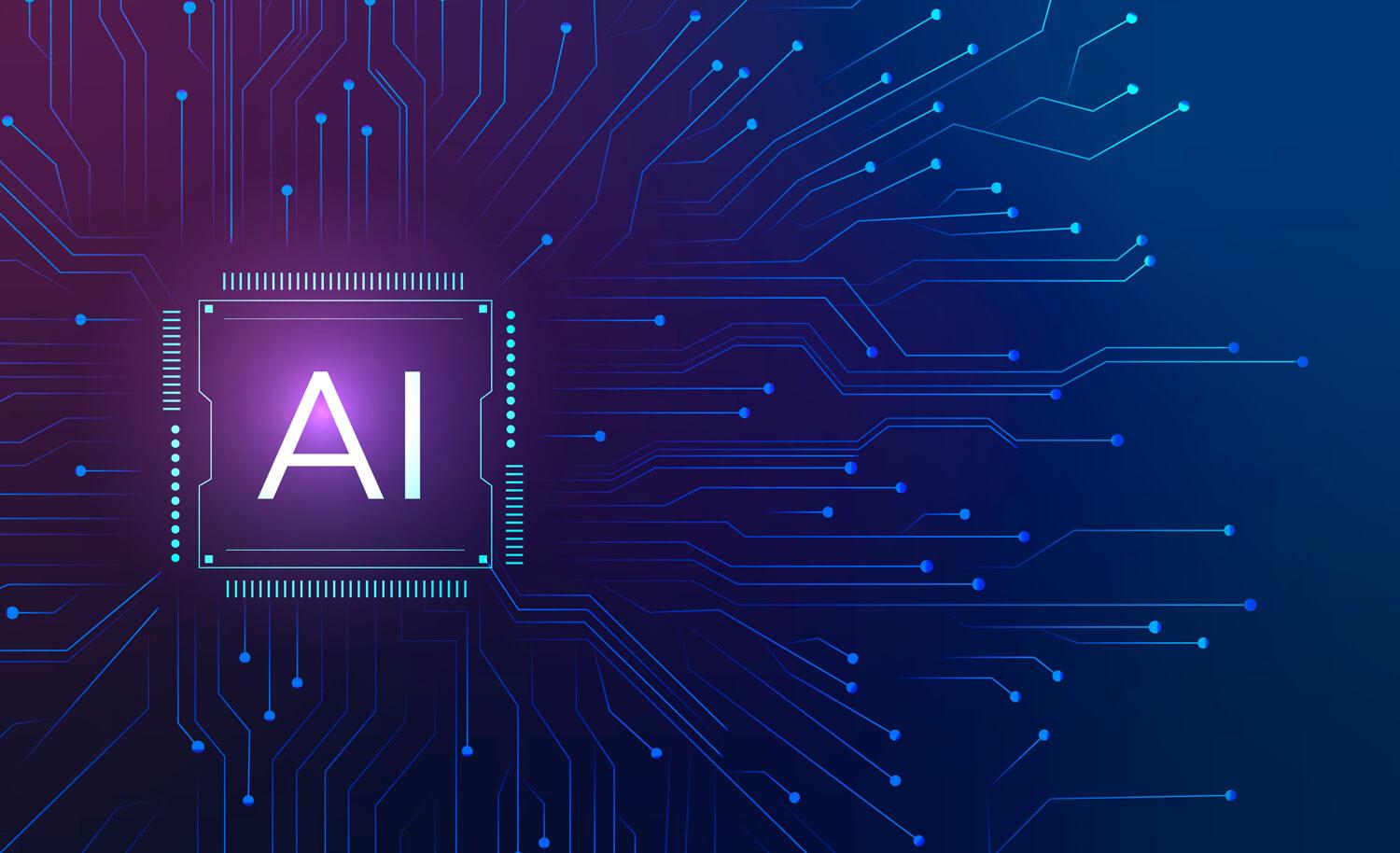
In the ever-evolving landscape of human resources, the recruitment process stands at the forefront of conversion, driven by the rapid advancements in artificial intelligence. As organizations strive to attract top talent in an increasingly competitive market, traditional methods of candidate screening and interviews are being reimagined through the lens of technology. AI is not merely an assistant in this process; it has become a pivotal force, capable of enhancing efficiency, minimizing bias, and streamlining operations in ways previously thought impossible.This article delves into the profound impact of AI on recruitment practices, exploring how these innovative tools are reshaping candidate interactions, refining selection processes, and ultimately redefining what it means to find the right fit for an organization. Join us as we unravel the complexities and benefits of embracing AI in recruitment, highlighting the promising future that lies ahead for employers and candidates alike.
Table of Contents
- Harnessing AI for Enhanced Candidate Screening
- The Role of Machine Learning in Bias Mitigation
- Optimizing Interview Processes through Intelligent Automation
- Best Practices for implementing AI Solutions in Recruitment
- Q&A
- To Wrap It Up

Harnessing AI for Enhanced Candidate Screening
In today’s competitive talent landscape, organizations are increasingly turning to artificial intelligence to streamline the screening process. By leveraging sophisticated algorithms and data analytics, AI can analyse resumes with impeccable precision, filtering out unsuitable candidates and highlighting those who meet specific job criteria. This not only saves time traditionally spent on manual screening but also introduces a layer of objectivity to the selection process. Key advantages include:
- Speed: AI can process applications faster than any human, considerably reducing the time to hire.
- Consistency: Algorithms apply the same criteria uniformly, ensuring that every candidate is evaluated on an equal basis.
- Expanded Reach: AI can help identify hidden talent pools that may have previously gone unnoticed, broadening the search.
With AI systems continually learning from past hiring successes and failures, the screening process becomes increasingly tailored and effective. These systems can assess not only the hard skills outlined in resumes but also analyze patterns in responses and social media profiles to gauge cultural fit. As an exmaple, AI tools can rank candidates based on attributes that align with the company’s values or the specific demands of the role.The process can be further refined through data visualization, which breaks down candidate demographics and skills into meaningful insights. A simplified overview could look like this:
| Candidate Attribute | Importance Level |
|---|---|
| Technical Skills | High |
| Cultural Fit | Medium |
| Soft Skills | Medium |
| Experiance | High |
This targeted approach not only optimizes the talent acquisition process but also fosters a more inclusive and effective recruitment strategy, ultimately leading to stronger team dynamics and productivity.
The Role of Machine Learning in Bias Mitigation
Machine learning has emerged as a pivotal tool in combating bias within recruitment processes,largely due to its ability to analyze vast data sets without inherent emotional or cultural judgments. By utilizing algorithms that can learn from historical hiring practices, organizations are able to identify and mitigate patterns of discrimination that may have inadvertently influenced decisions. this objective analysis allows for a more equitable evaluation of candidates, ensuring that selections are based on qualifications rather than irrelevant factors. Key strategies include:
- Data preprocessing: Ensuring that the data fed into machine learning models is representative and devoid of bias.
- Algorithm Openness: Utilizing explainable AI models so stakeholders can understand how decisions are made.
- Continuous Monitoring: Regularly evaluating model outcomes to detect and rectify bias whenever it arises.
Moreover, the integration of machine learning into recruitment practices contributes to a more dynamic and adaptive hiring system. By continuously learning from new data and feedback, these systems can improve their screening processes over time. Recruiters can leverage predictive analytics to forecast candidate success, thereby focusing efforts on individuals who truly match the job requirements. Here are some advantages of employing machine learning in recruitment bias mitigation:
| Advantage | Description |
|---|---|
| Enhanced Fairness | Ensures all candidates are evaluated on equal footing. |
| Efficiency | Reduces time spent on manual screenings by automating initial assessments. |
| Broader Talent Pool | Encourages diversity by targeting underrepresented groups through unbiased selection. |

Optimizing Interview Processes through Intelligent Automation
Incorporating intelligent automation into interview processes can significantly enhance the efficiency and effectiveness of candidate evaluation. By leveraging AI-driven tools, organizations can streamline the interview workflow, ensuring that they focus on high-potential candidates while minimizing biases. Automated pre-screening helps identify the best fits by evaluating resumes against predefined criteria, while chatbots can initiate conversations, collecting essential information and engaging candidates early in the recruitment process. this not only saves time but also allows human recruiters to dedicate more attention to strategic decision-making.
Moreover, advanced analytics can provide insights into candidate behavior and preferences, making it easier to tailor the interview experience. Key capabilities include real-time feedback, interview scheduling automation, and video interviewing platforms that employ AI to assess body language and tone. The results of these features can be presented in a thorough view, allowing hiring managers to compare candidates on various metrics easily. Below is a simple table illustrating the benefits of intelligent automation in interview processes:
| Feature | Benefit |
|---|---|
| Automated Screening | Reduces time spent on resume review |
| Chatbots | Enhances candidate engagement |
| AI Analytics | Informs decision-making with data |
| Video Interviews | Assesses soft skills effectively |

Best Practices for Implementing AI Solutions in Recruitment
When integrating AI solutions into your recruitment process, it’s essential to maintain a human-centric approach. Emphasize transparency in how AI tools function and the criteria they utilize for candidate evaluation. This not only reduces bias but also fosters trust among applicants. A strong way to achieve this is by involving diverse stakeholders in the AI configuration process. Gather insights from hiring managers, HR professionals, and even potential candidates to shape the technology around real-world recruitment scenarios. Consider the following actions:
- Establish clear metrics for evaluating AI effectiveness.
- Continuously monitor AI outputs to ensure they align with hiring goals.
- Train all involved personnel on the AI system’s functioning and limitations.
Secondly, prioritize the user experience for both candidates and recruiters. A seamless integration of AI should streamline the recruitment workflow without losing the personal touch that candidates value.Design interfaces that encourage easy interaction and feedback loops between hiring teams and AI tools. Implement functionalities that allow for tailored candidate interactions, such as personalized emails or automated responses that feel human rather than robotic. To facilitate this, consider setting up a trial period where you can collect data on user satisfaction and overall performance:
| Feature | Benefit |
|---|---|
| Candidate Feedback Portal | Enhances applicant engagement and helps you improve the process. |
| AI Training Modules | Equip HR teams to handle AI tools effectively and mitigate risks. |
| Regular performance Reviews | Ensures continuous improvement of AI systems and alignment with business goals. |
Q&A
AI in Recruitment – Transforming candidate Screening & Interviews
Q1: What role does AI play in recruitment today?
A: AI is revolutionizing the recruitment landscape by automating and enhancing various aspects of the hiring process. From parsing resumes to predicting candidate success, AI tools assist recruiters in making data-driven decisions, saving time, and reducing human bias.
Q2: How does AI improve candidate screening?
A: AI streamlines candidate screening by utilizing algorithms to analyze resumes and application materials. This technology can quickly identify the most qualified candidates based on predefined criteria, enabling recruiters to focus on shortlisted applicants who best fit the role. Additionally, AI can screen for skills and experience more accurately than traditional methods, ensuring a higher quality of candidates in the pool.
Q3: Can AI help reduce bias in the hiring process?
A: Yes,when implemented correctly,AI can definitely help reduce bias in recruitment. By standardizing the evaluation criteria and relying on data rather than personal opinions, AI systems can minimize the influence of unconscious biases related to gender, ethnicity, or educational background. However, it’s crucial to note that the algorithms themselves must be free from biased data to maintain fairness.
Q4: what about the candidate experience? How is it affected by AI?
A: AI can enhance the candidate experience by providing quicker responses and more personalized interactions. chatbots, for example, can answer queries about the application process in real-time, while AI-driven assessments ensure that candidates receive feedback more promptly. This responsiveness fosters a sense of engagement and respect for candidates’ time and effort.
Q5: are there any downsides to using AI in recruitment?
A: While AI offers numerous advantages, there are potential downsides worth considering. Over-reliance on automated systems can lead to overlooking unique qualities in candidates that aren’t quantifiable. Additionally, if algorithms are not carefully monitored, they may inadvertently perpetuate existing biases. it’s essential for organizations to strike a balance between utilizing AI and maintaining human oversight in the recruitment process.
Q6: How do interviews change with AI integration?
A: AI is reshaping interviews through tools like virtual interview platforms that use natural language processing and sentiment analysis to assess candidates’ responses. These technologies can evaluate body language, vocal tone, and word choice, assisting recruiters in gauging candidate fit. Moreover, AI can definitely help schedule interviews and coordinate logistics, allowing recruiters to concentrate on the content of the discussions rather than administrative tasks.
Q7: Looking to the future,what trends can we expect in AI recruitment?
A: The future of AI in recruitment promises even greater integration with emerging technologies such as machine learning and advanced data analytics. We may see more predictive analytics tools that help forecast candidate success rates, as well as virtual reality (VR) simulations for immersive interviewing experiences. Continuous advancements are expected to make hiring processes more efficient, inclusive, and tailored to the needs of both employers and job seekers.
Q8: What should organizations consider before adopting AI in their recruitment processes?
A: Organizations should take a strategic approach to adopting AI by assessing their specific hiring needs and the technology’s compatibility with their existing processes. They must prioritize transparency, ensuring that stakeholders understand how AI tools function and the criteria they use. Additionally, ongoing training for hiring teams on AI ethics, bias mitigation, and effective tool usage is critical to maximize the benefits of these innovations. AI is not just a trend; it is a transformative force in recruitment. As organizations learn to harness its potential while being mindful of its limitations, the future of hiring will be marked by greater efficiency and fairness.
To Wrap It Up
As we stand on the threshold of a new era in recruitment, the transformation brought forth by artificial intelligence is undeniable. The integration of AI in candidate screening and interviews not only streamlines processes and enhances efficiency but also fosters a more objective approach to hiring. By harnessing the power of data, algorithms, and machine learning, organizations can unveil hidden talent while minimizing biases that have traditionally plagued recruitment practices. Yet, as we embrace these advancements, it is essential to maintain a human touch—balancing technology with empathy and understanding.The future of recruitment lies not just in algorithms and automation but in the partnership between AI and human intuition.As we move forward, the challenge will be to leverage these tools responsibly, ensuring that they complement our efforts rather than solely dictate them. In this ever-evolving landscape, adaptability will be key. As AI continues to refine its capabilities and expand its role in recruitment, we must remain vigilant, thoughtful, and open to the lessons that these innovations bring. It is indeed an exciting time for the industry, and with the right approach, we can create a more inclusive and effective hiring process that truly reflects the diversity and potential of the workforce ahead. The journey has just begun—let us navigate it with curiosity and insight.

